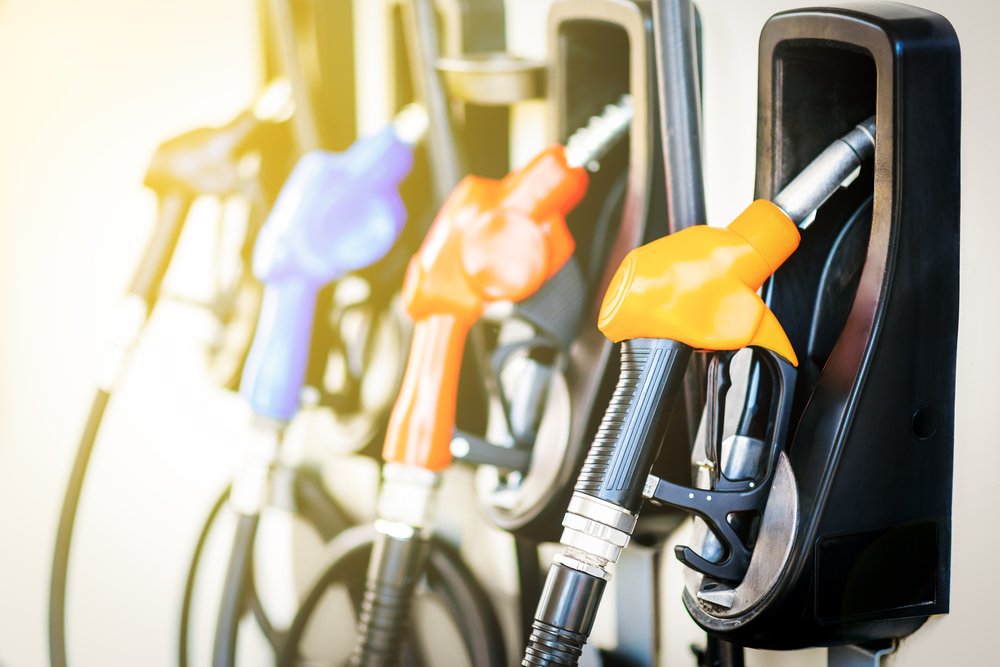After the parliamentary questions of the PVV, the State Secretary Vijlbrief said that the cabinet does not see a role for itself in lowering prices at the pump. Despite the Netherlands having the most expensive prices ever at the pump, last Sunday the price for a liter of petrol even reached the historic limit of 2 euros, the cabinet does not intend to lower taxes on fuels.
Both petrol and diesel prices are at record highs and at some pumps a liter of petrol costs more than 2 euros. Pump operators at the border see customers refueling en masse across the border. At the start of the corona pandemic, fuel prices were low as demand fell sharply. Now that the economy is recovering, this is no longer noticeable. At unmanned gas stations and in other places, away from the highway, you usually lose less money.
Yet many lease drivers have little or no trouble with the high prices at the pump. Since the use of the 'business' fuel card, the business community has to pay for the peak rates. The fact that a refueling is now so expensive is due to the increasing oil prices. When it comes to fuel, the Netherlands is one of the most expensive countries in Europe. The excise and tax burden from the government is responsible for high fuel prices in our country. The price of fuel does not only depend on the production costs of the fuel. You also pay transport costs, excise duty and VAT. A small part of the fuel price is margin. If a discount is given at the pump, this often goes for a large part of the margin.
Also read: Collaboration for better supervision of biofuel use


